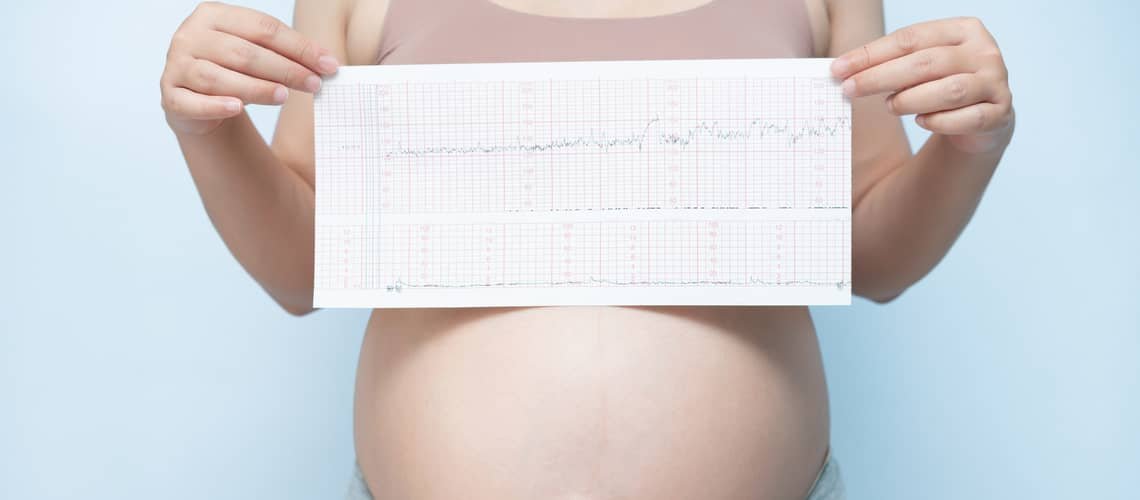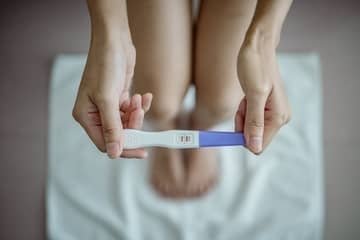
Heart palpitations in pregnancy – what causes it and when to worry?
Heart palpitations during pregnancy is a normal and frequent phenomenon. During this period, a woman feels her heart beating more intensely or faster than usual. This phenomenon is caused by changes that occur in the body during pregnancy and can be influenced by hormonal, physiological and emotional factors.
During pregnancy, the blood volume in a woman's body increases to support the nutrition of the fetus. This change can cause an increased heart rate. It is common for women to experience pressure fluctuations during pregnancy, which can affect heart activity. Palpitations are also considered a common symptom of low blood pressure or anemia. Hormonal changes, especially increased progesterone levels, can affect heart rhythm. Increased activity of the thyroid gland, which is more active during pregnancy, can also be behind heart palpitations during pregnancy. Last but not least, fear, stress, nervousness and various emotional fluctuations can cause changes in heart activity. Women often perceive moments when the heart skips a beat, which causes them a feeling of discomfort. Alcohol and smoking during pregnancy are taboo, but it is nicotine and alcohol that can be responsible for premature ventricular contraction of the heart, or cardiac arrhythmia.
During pregnancy, many women report heart palpitations just before going to sleep or at the moment when they get into a resting position. The beating of the heart also takes place in a resting position. Some women experienced fluctuations in heart activity until childbirth, after which these symptoms disappeared. Other women in their experience say that they felt heart palpitations during pregnancy primarily in the first trimester. Most women stated that the reason for arrhythmic heart contractions was primarily hormonal changes.
In some cases, it is possible to use medical treatment (Isoptin), which calms the contractions of the heart. Heart palpitations can also appear in the case of magnesium deficiency, in which case it is advisable to supplement the amount of magnesium with a suitable nutritional supplement. The cause is also a lack of fluids - it is necessary to increase fluid intake and follow a regular drinking regimen. Salt can also cause heart palpitations during pregnancy, so foods that are too salty can cause a higher level of sodium, which can contribute to heart palpitations. The optimal ratio of vitamins and minerals in the body is very important - sodium, potassium, calcium, magnesium. A glass of cold water can also relieve heart palpitations.
In most cases, heart palpitations during pregnancy are a normal and harmless phenomenon. However, if other symptoms such as dizziness, fainting, unusual chest pains or shortness of breath occur, it is important to consult a doctor about such a condition. It can be a sign of other health complications (cardiovascular diseases) that could require diagnosis and further professional care. In Slovakia, congenital heart defects or gestational hypertension – high blood pressure during pregnancy – appear to the greatest extent.
Pridať komentár






